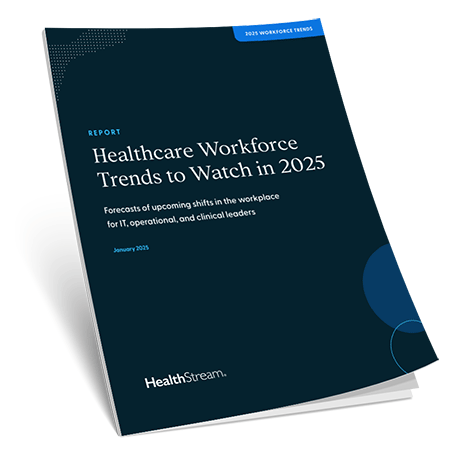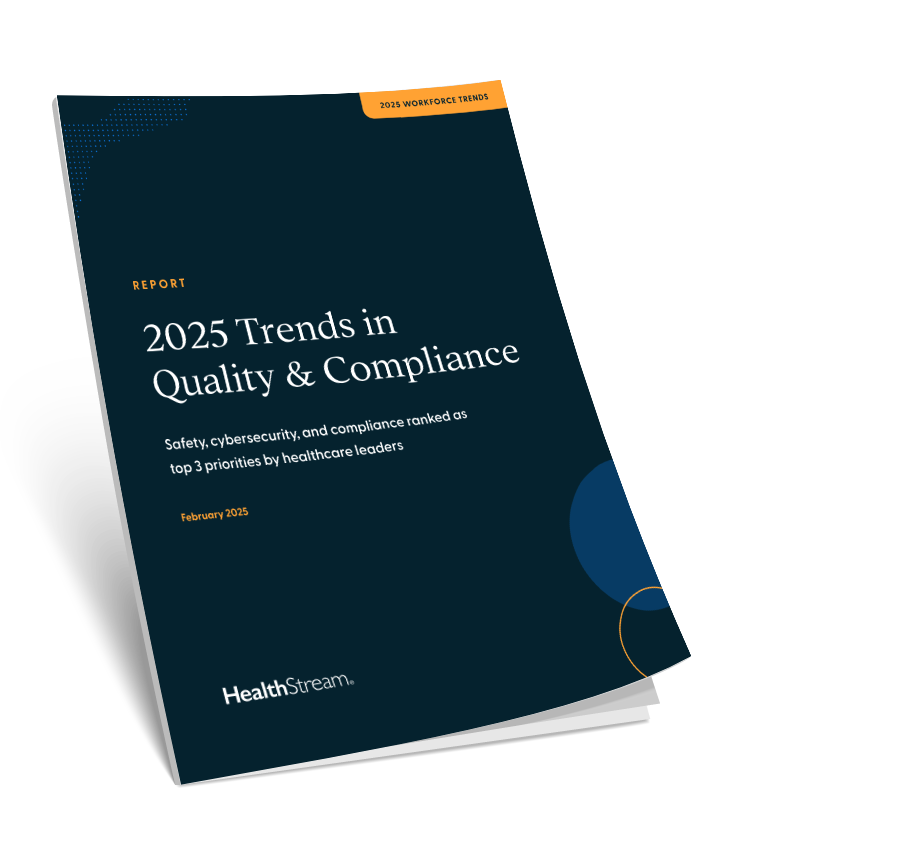Webinar60
Reimagining Provider Onboarding Processes to Achieve Operational Excellence & Faster Time to Revenue
October 29<sup>th</sup>, 2025 | 1:00PM CT
Join us for an engaging and insightful webinar designed to address key challenges and opportunities in provider onboarding and credentialing. Learn how Bon Secours Mercy Health successfully uncovered inefficiencies and leveraged capabilities of CredentialStream to streamline their onboarding workflows and significantly reduce billing denials tied to credentialing. By utilizing these insights, BSMH was able to align credentialing efforts with billing systems, improve operational transparency, and significantly enhance their ROI.

.png?sfvrsn=508a48f_1)

